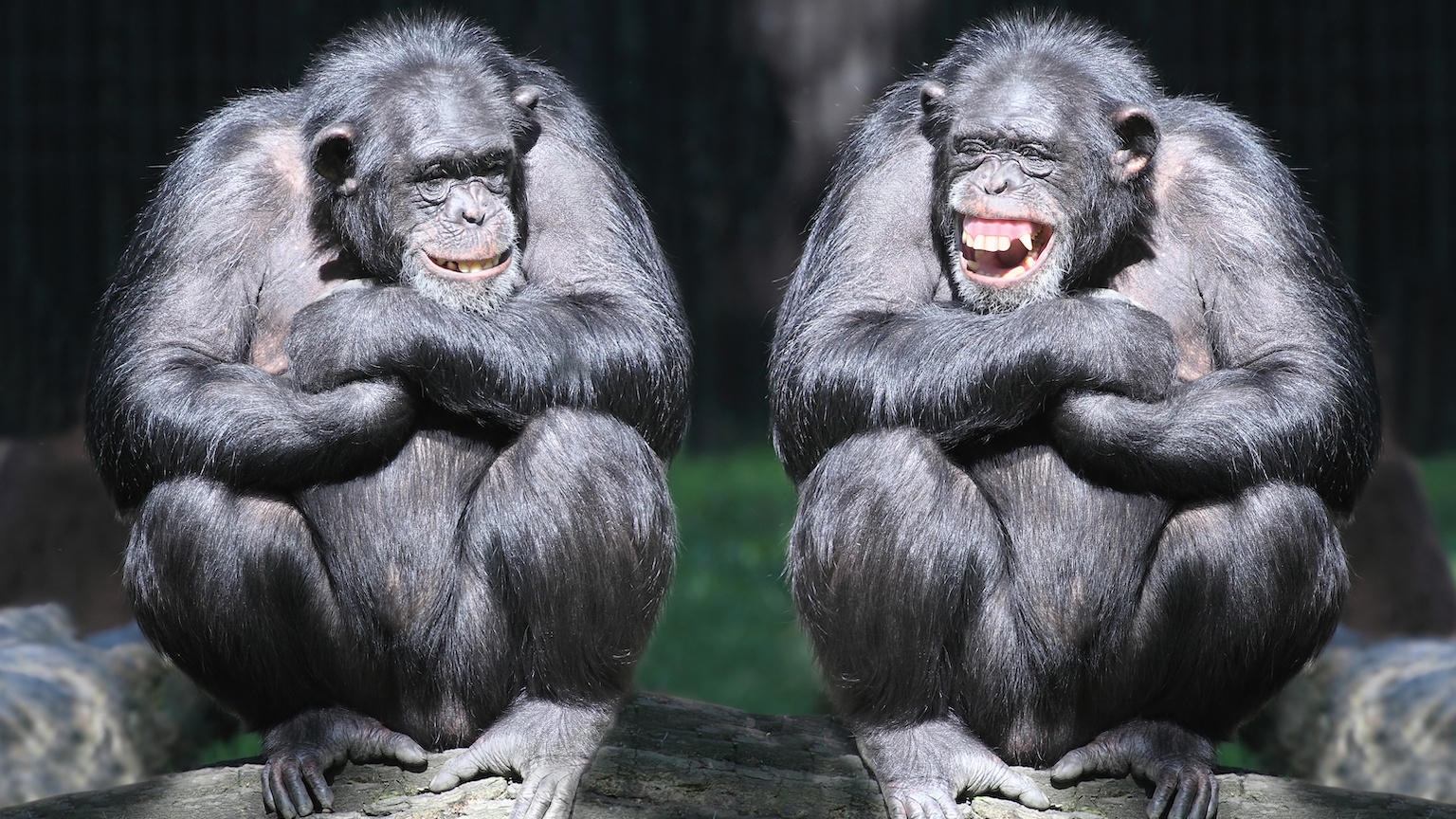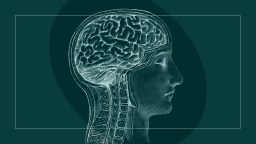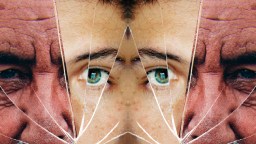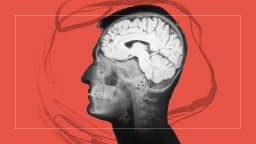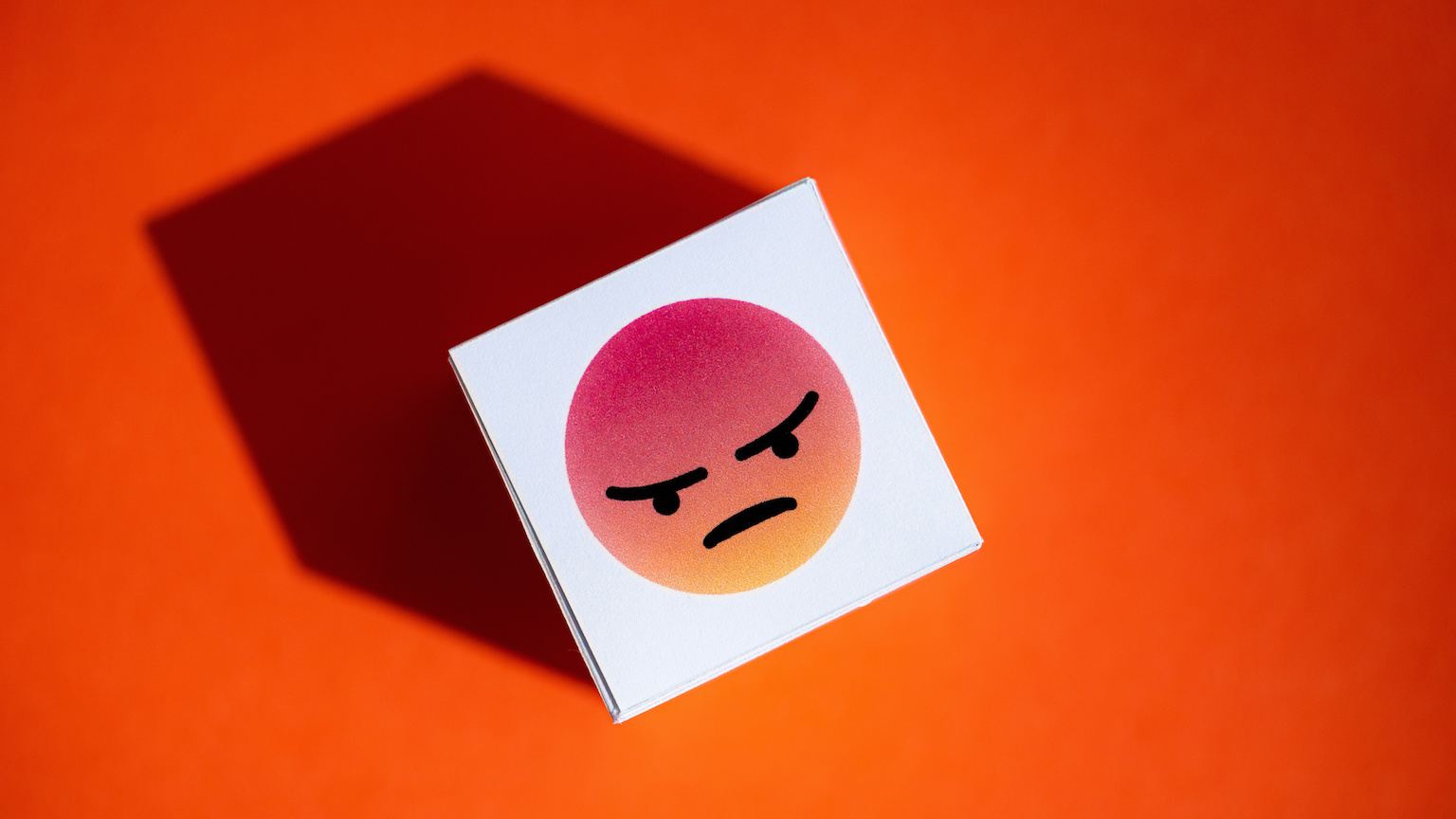psychology
Chimpanzees are able to consider the context of social interactions and can accept unfavorable outcomes — sometimes.
Arguments on social media are notorious. Can practicing intellectual humility make us smarter and happier? Science says yes.
He’s written 7 books on happiness. He’s studied it for 30 years. He even taught it at Harvard. What can Tal Ben-Shahar tell you about really being happy?
▸
3 min
—
with
Modern applications of Stoicism show up in unexpected places, from the latest techniques in psychotherapy to texts on Christian theology.
“It’s not a secret that legal language is very hard to understand. It’s borderline incomprehensible a lot of the time.”
We’re wrong about what other people think – and that has harmful impacts on the next generation.
▸
4 min
—
with
Helplessness isn’t learned — it’s an instinctual response that can be overcome.
About six minutes after the heart stops, the brain essentially dies.
Sludge may be inevitable, but there are better ways to manage such frictions in our daily lives.
▸
with
The idea that the news can make you sick has a long history.
We imagine and debate the inner lives of literary characters, knowing there can be no truth about their real motives or beliefs. Could our own inner lives also be works of fiction?
Psychologist Daniel Goleman shares what he learned by studying the brain waves of Olympic-level meditators, and his findings are unprecedented.
▸
4 min
—
with
It is normal for parents to experience intrusive thoughts about harming their children. Don’t let the thoughts worry you.
Is social media changing your memory? Here’s what the science actually says.
▸
3 min
—
with
Awe is a powerful force, a fact that is both exciting and terrifying.
Dark personality traits include psychopathy, Machiavellianism, and narcissism. Is there room for empathy?
Outrage is a useful emotion that helped our ancient ancestors survive. Today, it leaves us feeling angry, tired, powerless, and miserable.
Nostalgia is a happy remembrance of the past, yet it also leaves us feeling sad. Perhaps ironically, it can serve as a painkiller.
Discussions of human evolution are usually backward looking, as if the greatest triumphs and challenges were in the distant past.
Why studying happiness is good for your “psychological immune system,” explained by Harvard “happiness professor” Tal Ben-Sharar.
▸
3 min
—
with
The very concept of a “problem with no solution” goes against human nature. But we must accept this harsh reality to have peace in our lives.
Pet owners have consistently reported higher levels of social capital in their communities than people without pets.
IQ tests only measure two of the eight intelligences. Howard Gardner explains them all.
▸
9 min
—
with
When actual people correct misinformation online, it can be as effective, if not more so, as when a social media company labels something as questionable.
Think therapy is self-centered? Think again.
Lessons from child development research teach us how we learn to trust others.
Kids’ underdeveloped brains seem to help them acquire new languages with little effort.
Step one, start with a trial separation.
It took a series of ingenious experiments in the 20th century to uncover some of our biggest cognitive biases.
In “Off the Edge”, journalist Kelly Weill dives down the strange rabbit hole of the flat-Earther community.
